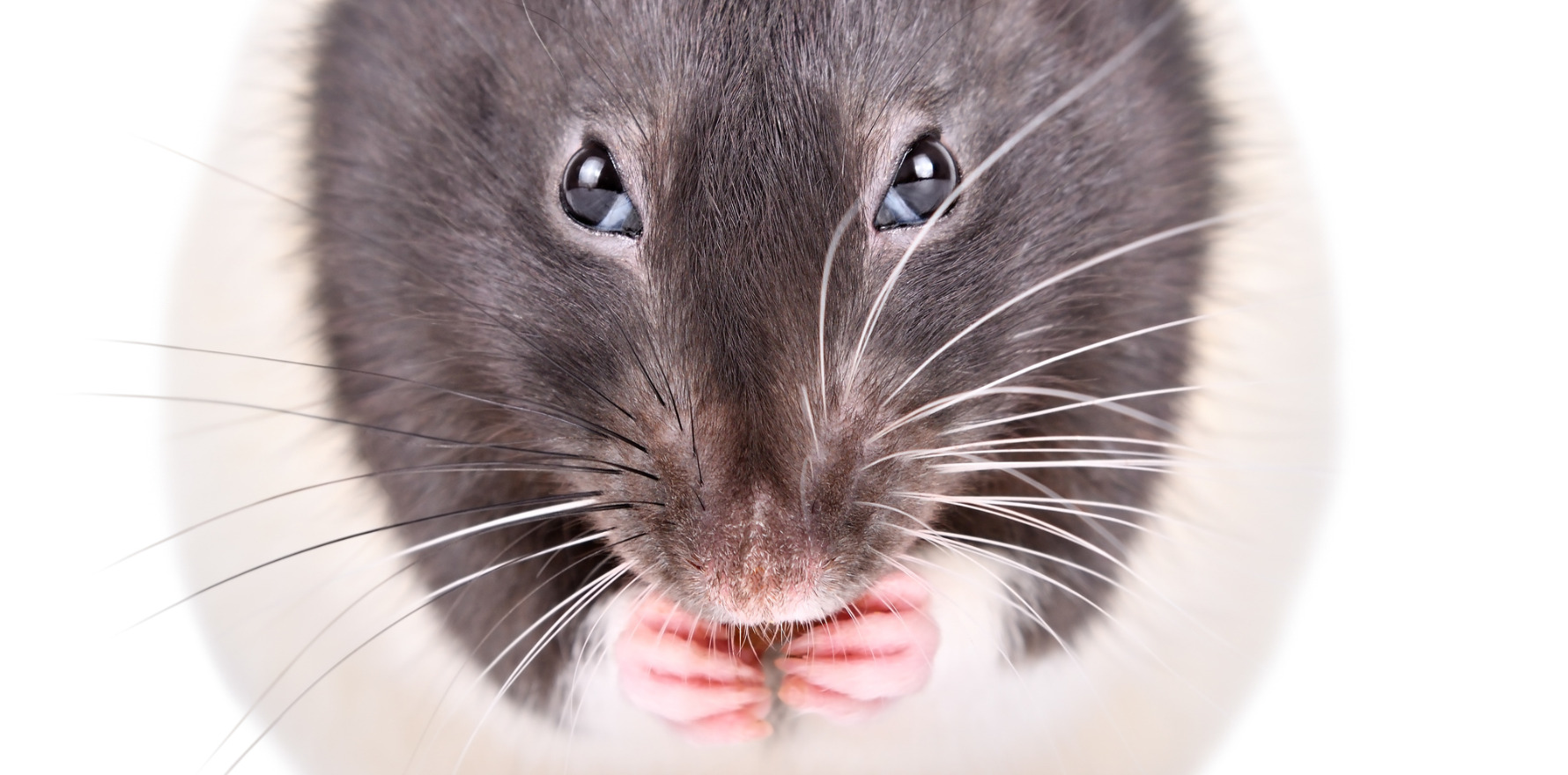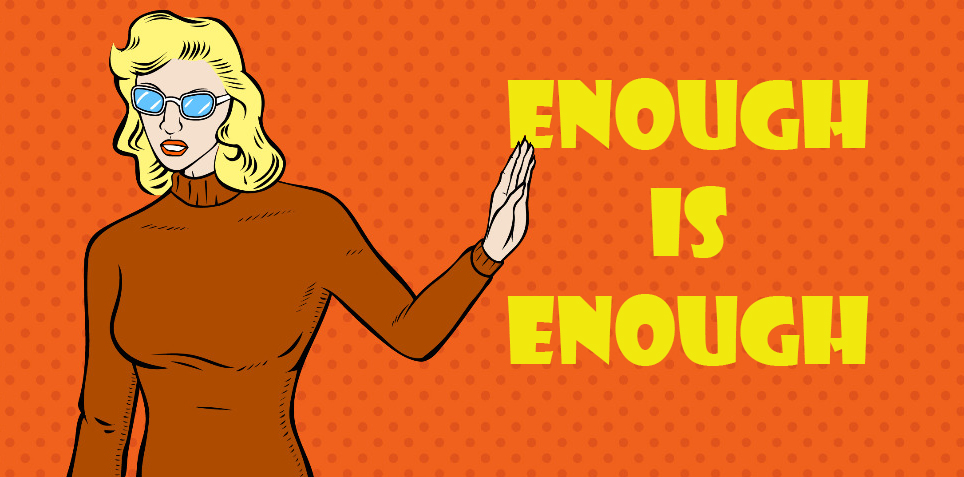I admire those GPs who have perfected the art of getting patients what they need despite institutional barriers that traumatise us all.
Most doctors start our education being relatively good students: more or less following the rules, more or less colouring within the lines.
But general practice tends to attract those who think outside the box, and are prepared to be a little ingenious to get patients what they need. It matters to us.
I first learned this as a registrar in a small rural town. I had a 15-bed hospital, which was managed by GPs, and a skeleton staff of nurses overnight. I was a GP obstetrician and looked after a young farmer who presented terrified because she had had an awful first pregnancy and such bad antenatal and postnatal depression that she had years of ECT.
We had to wash out her antidepressants, and she developed serious psychotic depression, with burgeoning suicidality. Obviously, this was a situation we couldn’t manage in our tiny hospital.
It was almost impossible to get her seen anywhere else. Our regional hospital had psychiatry on one campus and obstetrics on the other, and each registrar felt the other was responsible (or not).
I tried St Elsewhere 1-5 with little success. Somehow, I just couldn’t get across the severity of this situation. After 12 hours and 32 phone calls, I learned an important lesson, that sometimes, the stellar skill of general practice is a healthy dose of creative thinking.
I rang the infectious diseases registrar. Putting on my best perplexed voice I told him that I had a farmer who was pregnant and delirious with headache and an unvaccinated herd for leptospirosis. All of which was true. He found this intriguing and she had a bed within minutes. I did have to live with a quite patronising discharge summary, but she got admitted for a month, and she was safe, which was all I wanted.
As GPs, we all live with moral distress. According to the RACGP’s Health of the Nation report, over 75% of our patients have mental health issues. The biggest threat to our own wellbeing is not the vicarious trauma, it is the moral distress of knowing what our patients need, and being unable to secure it for them. Moral distress is a significant cause of burnout for all of us.
There is a positive to this. We are good at coping. Some of that skill is due to vicarious resilience, the positive transformation we experience as GPs when working with patients who experience trauma.
Vicarious resilience is acquired through long and sometimes painful exposure to trauma, which can be shared (eg in natural disaster) and can lead to positive growth. We become wise women if we’re lucky, because of the gift of sharing our patients’ wisdom.
Related
Comradeship and vicarious resistance
When I teach medical students, I talk about the different sorts of relationships we have with patients. Sometimes, we can take a parentalist role, if the patient is very ill, for instance, and cannot make their own decisions easily. Mostly, we partner with patients, although sometimes, the patient acts more like a consumer of services, asking for access to a particular product or service, like a vaccination or cervical screening.
However, there is one writer who talks about a different relationship. When healthcare workers are experiencing moral distress, we often end up allying with the patient, becoming comrades against the state. Comradeship is a response to both doctor and patient experiencing powerlessness, with both of us working against institutional barriers to secure the care that patients need.
When we work as comrades, we shift from using our usual professional tools of knowledge and skill to what Paul Keating famously called “rat cunning”. Like leveraging a leptospirosis narrative to secure a bed for a woman with clear antenatal depression.
This type of work is a form of vicarious resistance. Vicarious resistance pushes back against the transactional structure of care environments to focus on the relationships needed to provide healing. It is “an ethic of care in which professionals ally with clients against abuse and violence as well as transactional neoliberal service models”.
Naming this shift is helpful for me. I consciously recognise when patients don’t fit the algorithm, or the strict intake criteria or even the compulsory bureaucratic documents, and I shift to comradeship. It helps with the powerlessness and ameliorates the moral distress.
Rat cunning has its place, and I admire those in our profession who have perfected the art of getting patients what they so obviously need, despite the institutional barriers that traumatise us all.
Associate Professor Louise Stone is a working GP who researches the social foundations of medicine in the ANU Medical School. She tweets @GPswampwarrior.





